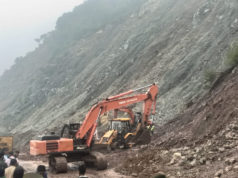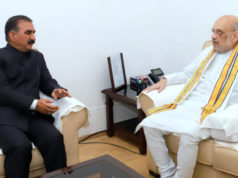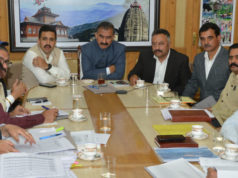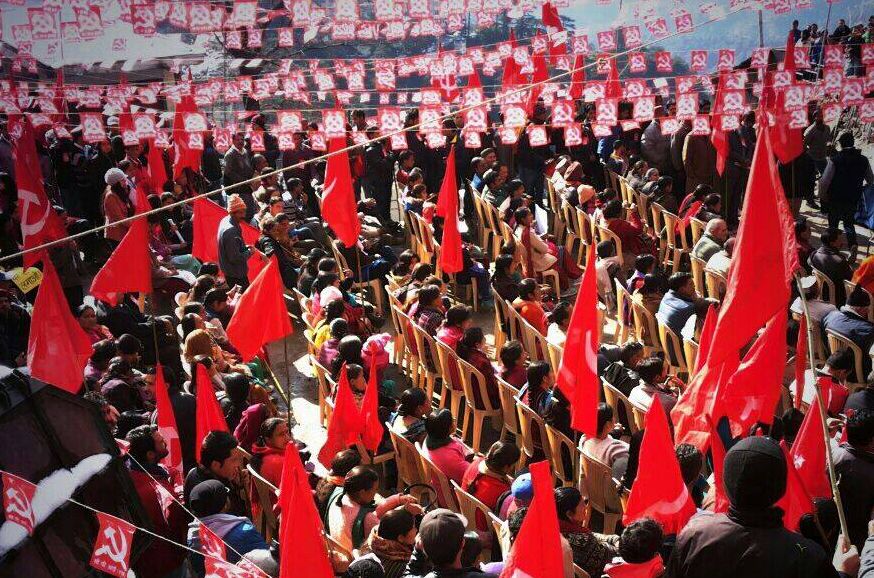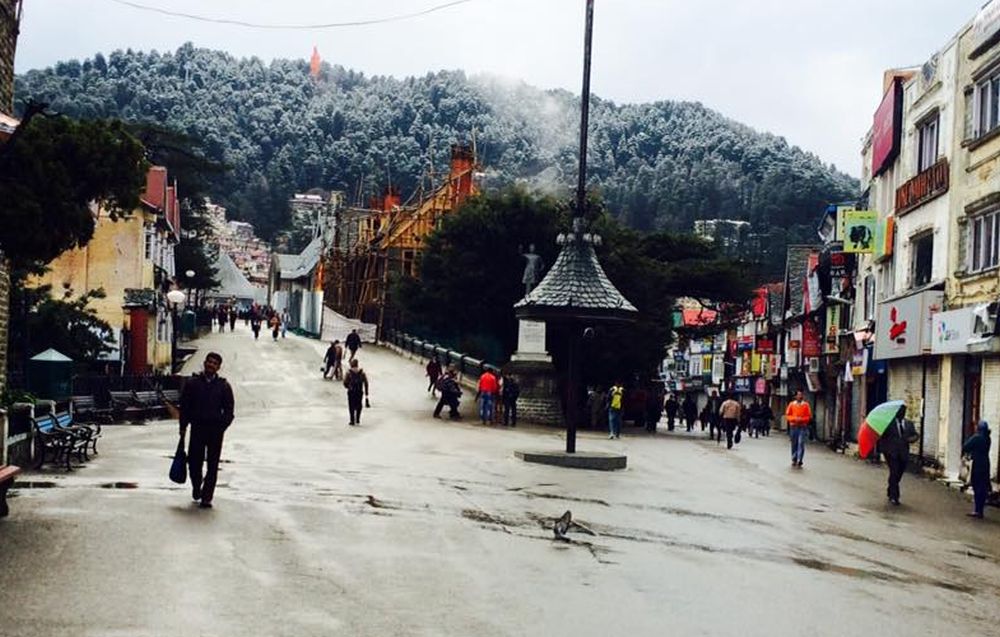As Himachal Pradesh grapples with the aftermath of devastating flash floods that have caused widespread destruction and loss of life, CPM leader and former Deputy Mayor of Shimla, Tikender Singh Panwar, has penned a letter to the State Chief Minister Sukhvinder Singh Sukhu, urging the establishment of an “Inquiry Commission.” The proposed commission, headed by a retired Supreme Court Judge, would delve into the reasons behind the devastating floods and examine the underlying systemic failures resulting from faulty models of development in the state.
In the letter addressed to the Chief Minister, Tikender Panwar acknowledges the efforts made by the government in mitigating the challenges posed by the floods. However, he emphasizes the urgency of moving beyond immediate crisis management and delving into the root causes of the disaster.
Panwar contends that the losses caused by the flash floods are not merely the result of isolated climatic events but are rather indicative of deeper systemic issues stemming from flawed policies and planning. He points to the failure of various developmental trajectories, including the construction of hydropower projects, expansion of tourism, and the construction of four-lane and two-lane highways.
According to Panwar, the current model of development that emerged during the liberalization period in the mid-90s has caused severe damage to the ecological, environmental, and geographical integrity of Himachal Pradesh. He asserts that this outdated model is no longer sustainable and calls for a major disruption in the planning paradigms to pave the way for a more resilient and secure future.
The proposed “Inquiry Commission” would be tasked with conducting a comprehensive investigation into the reasons for the failures in the state’s developmental trajectory. Panwar emphasizes the importance of having the commission headed by a retired Supreme Court Judge, preferably someone with roots in Himachal Pradesh, to ensure impartiality and credibility in the inquiry.
Furthermore, the CPM leader believes that the commission can serve as a platform for extensive engagement with the people of Himachal Pradesh. By involving citizens in the inquiry process, the commission can make them key stakeholders in identifying the reasons behind the systemic failures and in framing recommendations for a more people-centric, sustainable, and inclusive model of development.
Panwar’s call for an “Inquiry Commission” aligns with the state government’s slogan of “systemic change.” He highlights the need to break away from the outdated developmental model that has caused numerous challenges for the state and its people.




